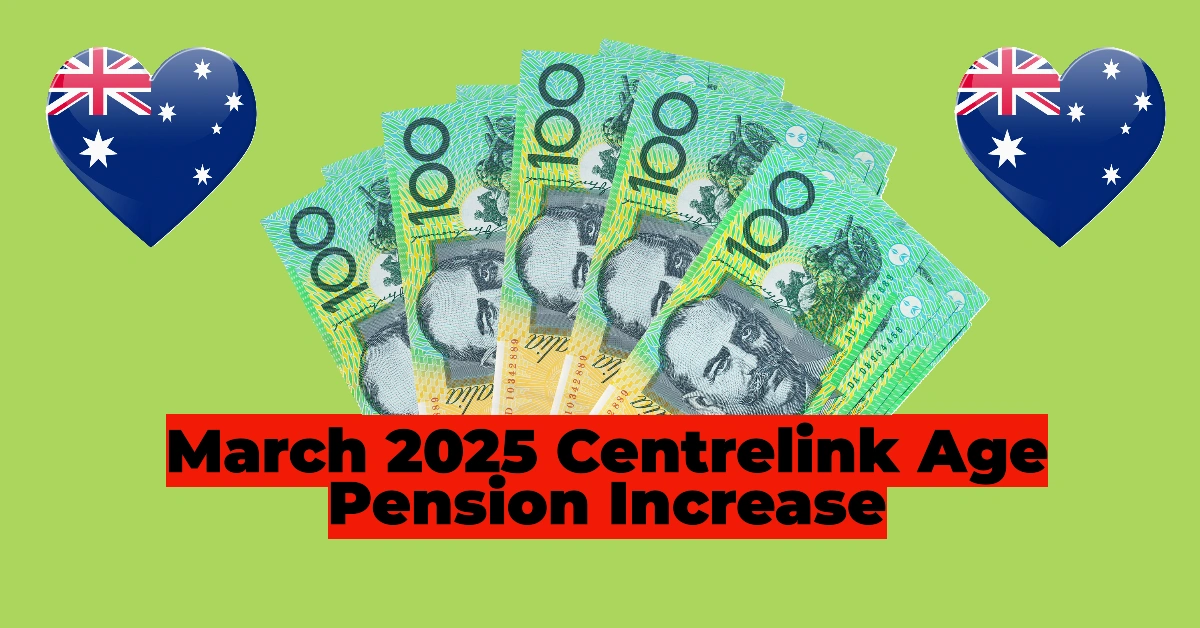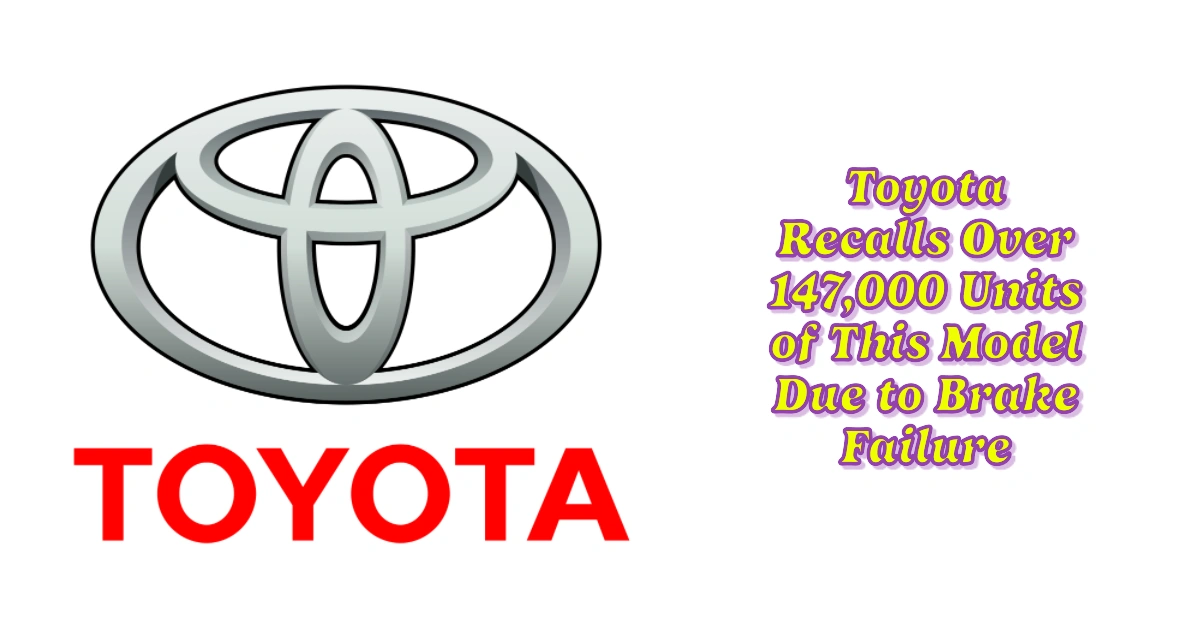Prime Minister Justin Trudeau’s recent announcement of a temporary GST/HST holiday tax break has stirred significant public reaction. Social media users and experts have raised concerns, prompting clarification on the nature of grocery taxation in Canada and the potential consequences of the proposed measure.
Table of Contents
The Holiday Tax Break: What’s Included?
Starting December 14, 2024, Canadians can benefit from a GST/HST tax break on certain lifestyle and seasonal items, including:
- Meals
- Children’s necessities
- Video games
- Books
- Christmas trees
The relief program is scheduled to end on February 15, 2025, aiming to provide financial ease during the holidays. Notably, most essential grocery items in Canada are already exempt from GST.
Expected Savings for Canadians
The federal government estimates that the tax break will yield significant savings:
- A $2,000 basket of qualifying goods will save $100 in GST.
- In provinces where HST is also removed (Ontario, Nova Scotia, Newfoundland and Labrador, New Brunswick, and Prince Edward Island), the savings increase to $260 on the same $2,000 basket.
Ontario’s government has gone a step further, announcing a matching tax break by removing the provincial sales tax (PST) on qualifying goods.
Social Media Controversy: Community Notes Add Context
Trudeau’s announcement on platform X (formerly Twitter) faced immediate scrutiny. Community Notes, a crowd-sourced fact-checking feature, highlighted that most grocery items, including whole foods, are already GST-exempt according to the Canada Revenue Agency (CRA).
Critics online applauded this transparency:
- “One would think a PM would know most groceries are GST-exempt before promoting it as a tax break,” one user commented.
- Others labeled the move as “misleading” and praised the Community Notes feature for “keeping misinformation in check.”
Bank of Canada Reduces Key Interest Rate to 3.25%: Signals a Shift to Gradual Policy Adjustments
A Warning About Canadian Fixed Mortgage Rates: Why They May Rise Despite Bank of Canada Cuts
Bank of Canada Official Cautions Against Adjusting Mortgage Rules to Address Housing Affordability
Bank of Canada Executes Significant Rate Cut to Stimulate Job Growth
Bank of Canada Historic 3.75% Rate Cut: Key Impacts on Mortgages, Loans, and Savings 2024
Expert Concerns: The Hidden Cost of Temporary Tax Breaks
Dr. Sylvain Charlebois, a food policy expert and director at Dalhousie University, voiced his concerns about the holiday tax break’s potential pitfalls:
- Opportunity Pricing: Temporary tax relief could encourage grocers to increase prices during the tax-free period, potentially offsetting consumer benefits.
- Long-Term Impact: When taxes return in February, consumers may face elevated food prices across taxable and non-taxable items.
Charlebois emphasized the need for permanent tax reforms, advocating for the elimination of all grocery taxes:
“Taxing food at the grocery store is immoral. If we want to help Canadians, we should remove these taxes permanently.”
A Divisive Policy Move
While the intent of Trudeau’s tax break is to alleviate financial burdens during the holidays, its reception has been mixed. Some view it as a welcome reprieve, while others criticize its limited scope and potential for unintended consequences.
As Canadians navigate rising living costs, this debate underscores the broader conversation about effective fiscal policies and equitable solutions for economic relief.








